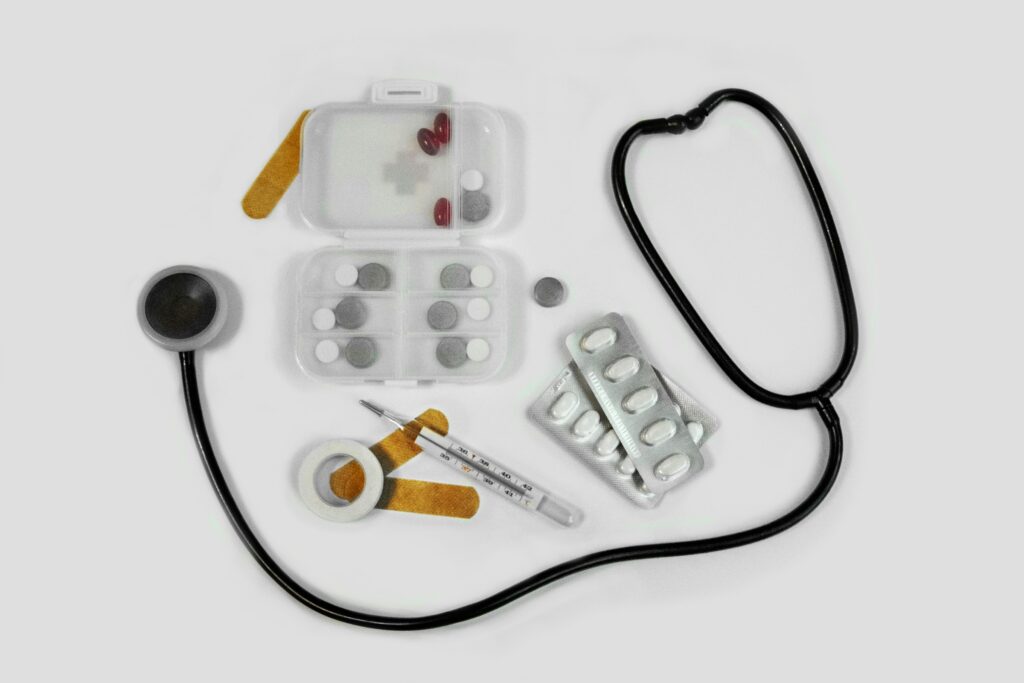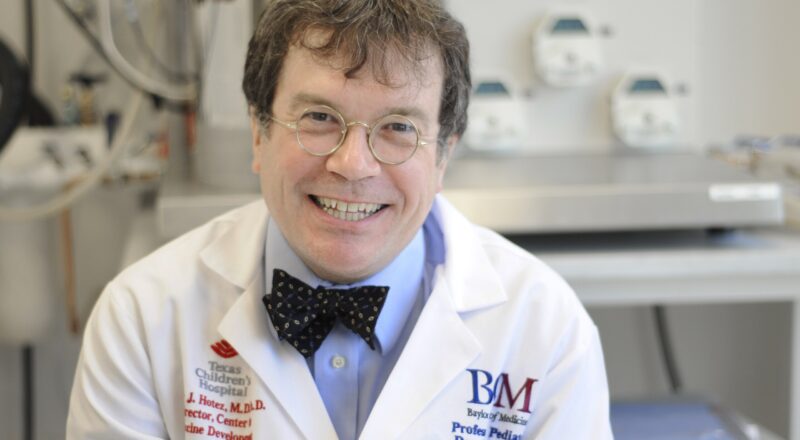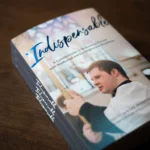I recently posted a longer, denser version of this argument in the National Catholic Bioethics Quarterly. I recommend anyone who is a theologian or bioethicist to read it there. This article will try to explain why preventative medicine can be ordinary means for the average person in the pew.
This will provide some background then cover several parts in the same order as the article: the argument against this, a counter-example, and logic. Several sections in the paper are more arguments from authority and will be skipped. Some lines below are direct quotes from this academic article, but I have built them into the flow.
Background

The Church has consistently taught that medical interventions are divided into ordinary & extraordinary means. (Some use proportionate & disproportionate, but the meaning is the same.) “Ordinary means” refers to “those that in the judgment of the patient offer a reasonable hope of benefit and do not entail an excessive burden or impose excessive expense on the family or the community” (USSCCB norms). Ordinary means are then morally obligatory for the person to do. A classic example in Catholic bioethics is that providing food while still nourishing the body is ordinary means.
Historically, whether something is medical or not and whether it is therapeutic (treating an existing condition) or preventative did not make it definitively ordinary or extraordinary. In 2023, Daniel O’Connor made a novel argument that preventative medicine cannot be ordinary means. We had a long debate on Twitter and on this blog. After this debate, I decided to put my arguments together more formally in an academic article (my blog post was offline for a time to ensure blind peer review).
O’Connor’s Argument That Preventative Medicine Cannot Be Ordinary Means
I will present O’Connor’s argument in his own words. Here is a tweet of his:
I just finished scouring many Magisterial documents that refer to the duty to employ “ordinary means” of care in various circumstances. Every single one of them refers to this in the context of THERAPEUTIC methods (i.e., addressing a *present* bodily problem). NEVER, that I have found at least, has the Magisterium referred to obligatory “ordinary care” with respect to *preventative* medical interventions.
Ordinary means, according to O’Connor, only refer to therapeutic methods.
One way to conceive of his argument is with a square:
| Preventative | Therapeutic | |
| Medical intervention | 1. Preventative medical intervention | 2. Therapeutic medical intervention |
| Non-medical action | 3. Preventative non-medical action | 4. Therapeutic non-medical action |
O’Connor argue that anything that fits into the first box, “preventative medical intervention” cannot under any circumstances be ordinary means, but anything fitting boxes (2), (3), or (4) can be. Later posts by him confirmed this. The exact line between medical and non-medical is not always clear, but there is an obvious difference between surgery and helping someone eat.
We can summarize O’Connor’s argument in four main points:
- There is a fundamental difference between preventative and therapeutic medicine.
- Food and water is not a medical intervention. (The implication is that there is a qualitative distinction between medical and non-medical means.)
- The magisterium never gives a general obligation regarding preventative medical intervention.
- Thus, preventative medical intervention cannot be ordinary means.
Nutrition and Hydration as Ordinary Means
As noted above, nutrition (food) and hydration (water) are a stereotypical example of ordinary means. However, the Church has noted that this includes artificial and hydration, such as by feeding tube, is included. This is also included over a long period, where the feeding tube needs to be maintained and monitored.
For example, the US bishops stated in 1992: “Nasogastric tubes [feeding tubes inserted through the nose] must be inserted and monitored carefully so they will not introduce food or fluids into the lungs. They may also irritate sensitive tissues and create discomfort.” The careful monitoring and maintenance of such a feeding tube must be done by a medical professional and appears by all standards to be a medical act. In 2004, the Australian bishops stated this clearly: “While the act of feeding a person is not itself a medical act, the insertion of a tube, monitoring of the tube and patient, and prescription of the substances to be provided, do involve a degree of medical and/or nursing expertise.”
Thus, even the most stereotypical case points to preventative medicine being ordinary means.
Logic on Preventive Ordinary Means
The argument O’Connor makes fails when confronted by logic. Let us look at the four points summarizing O’Connor above.
First
He claims that there is a fundamental difference between preventative and therapeutic medicine. However, this seems not to be the case many times in practice. If a person is suffering acute dehydration or starvation, water or food initially provided is therapeutic to resolve the immediate medical malady; however, at some point in providing it, it becomes preventative, as the patient is sufficiently hydrated and nourished as to no longer need it therapeutically. It is likewise with providing warmth to a hypothermic person and several other conditions.
Second
The distinction between medical and non-medical interventions is a gray area that is more a gradation, and the categories of ordinary and extraordinary seem to be used equally on both sides of this gradation. Most can see the difference between giving someone food and using surgery to remove cancer, but is that more because one is medical and one is not, or is it because one is a significantly larger intervention in life? If it is simply the size of the intervention, then the argument about it being medical or not falls apart when applied to vaccines or hypertension drugs, as they are not large interventions. However, even large preventative medical interventions can sometimes be ordinary means. For example, organs like breasts can be removed before cancer appears if there is a high enough genetic risk for cancer.
Third
The third point is mainly a claim about what the magisterium says, and it is false. The commentary on the decree about the Terri Schiavo case (a woman in a vegetative state starved to death by her husband) goes against O’Connor’s claim. Referring to feeding by feeding tube, it notes: “It is not, nor is it meant to be, a treatment that cures the patient, but is rather ordinary care aimed at the preservation of life.” Then it further explains that this is ordinary means when it “is within the capacity of an average health-care system,” I provide more magisterial statements in the full article.
Fourth
The central claim of O’Connor’s fourth point is the conclusion of the first three. Even if the first three were true, the fourth would not logically follow. Even granting the distinctions of the first two points and no ruling of the magisterium, the question would still logically be open.
Conclusion
This is a piece of fundamental bioethics where I thought it was already clear, but O’Connor’s novel argument made it so I had to clarify the principles. Hopefully, this helps if you need to consider the ethics of any preventative medicine.









